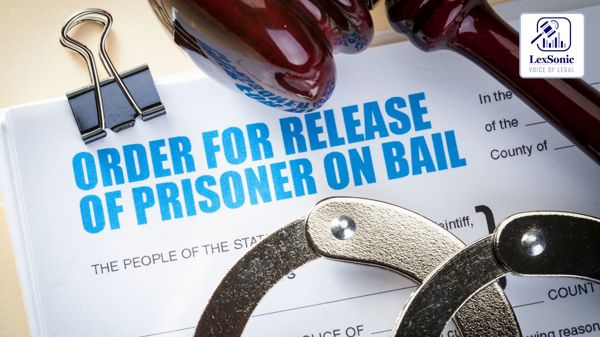In a recent judgment, the Supreme Court of India granted bail to an accused, who was in custody for over a year under the NDPS Act, 1985, saying it was unjust to detain him further when trial had yet to commence. The Bench comprising Justice B.V. Nagarathna and Justice R. Mahadevan allowed the appeal of Ribul Hossain by setting aside the order of the Calcutta High Court denying his bail plea.
The appellant was arrested in connection with FIR No. 581 of 2024 lodged at Ranitala Police Station, Murshidabad district, alleging offences under Sections 21(c) and 29 of the NDPS Act. The FIR related to possession and conspiracy involving a commercial quantity of narcotic substances. The appellant, after spending more than a year in judicial custody and after filing of the charge sheet, had moved the High Court for regular bail. The High Court dismissed the petition, which gave rise to the present appeal.

Counsel for the appellant thus argued before the Supreme Court that more than thirteen months had passed since the accused had been incarcerated; charges, even after filing of charge sheet, had not been framed; and a large number of prosecution witnesses were yet to be examined. It was very unlikely that the trial could be concluded in the near future. Relying on recent Supreme Court orders granting bail in similar circumstances, particularly Hanef Kharsani Hanef Sheikh v. Union of India (SLP Crl. No. 2685 of 2024), it was urged that continued detention violated the right to personal liberty under Article 21 of the Constitution.
The counsel for the State of West Bengal, on the other hand, had opposed the plea on the ground that granting of bail might facilitate repetition of the offence and the nature of NDPS offences warranted strict application of Section 37 of the Act that limits the conditions under which bail may be granted.
After hearing both parties, the Supreme Court observed that, in analogous cases under similar sections of the NDPS Act, bail had already been granted. Applying the principle of parity and considering the protracted pretrial incarceration, the Bench found the continuance of custody to be unwarranted. The Court, therefore, ordered that the appellant be produced before the trial court and enlarged on bail subject to such terms and conditions as the trial court deems fit for ensuring his presence during the trial and preventing misuse of liberty.
The Court gave a cautionary note that in case of violation of the conditions of the bail, it would result in cancellation of bail. It also directed the appellant to fully cooperate with the trial.
This decision is thus in keeping with the emerging trend of the judiciary to strike a balance between the objects of the NDPS Act and fundamental rights, particularly in cases where investigation has been completed and the trial is delayed.
The Supreme Court explained that a long pre-trial incarceration cannot replace punishment and should not demean the right to liberty of a citizen except in the rarest of the rare cases.
The ruling gains significance as it reflects the Court's ongoing effort to ensure consistency and fairness in the grant of bail under the NDPS regime, particularly when the procedural delays of the criminal justice system threaten to make pretrial detention punitive in effect.
Narcotic Drugs and Psychotropic Substances Act, 1985

